We desperately need a new mobile operating system


I'm serious, I need a new operating system on my smartphone. What happened to innovation? Why is there nothing new? Why doesn't anyone dare compete with Apple and Google in the mobile world anymore? Is it really impossible to do this?
A boring market
Just take a look at the windows of the stores where smartphones are sold: almost all the products on display use Android, each has its own version, it's true, but it's still Android. The others? All iPhones.
The struggle to create the best mobile operating system has now become the struggle to create customization appreciated by users. The only weapons in possession of smartphone manufacturers, which they use to differentiate themselves on the software side (often) are often only cumbersome gimmicks - not useful in every day life.
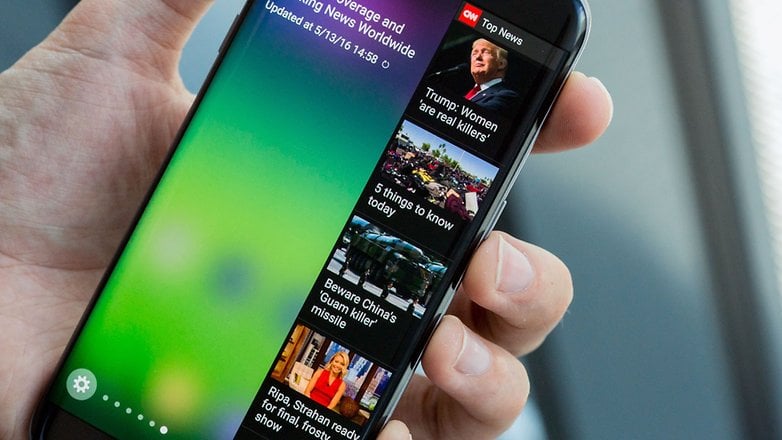
Do you remember the days when every manufacturer had its own operating system? I do, and I often regret those moments. Even thinking about the mobile market struggle, which began in 2013 and saw the emergence of new alternatives makes me feel melancholic.
Nowadays, if you want to buy a new device you have no choice but the infinite and imperfect Android smartphones or the expensive and overpriced iPhone. "Be together. Not the same" was Google's motto - too bad that although smartphones can be varied and suitable for all types of users, whenever it's another Android device, the excitement about new phones (at least for me) disappears faster and faster.
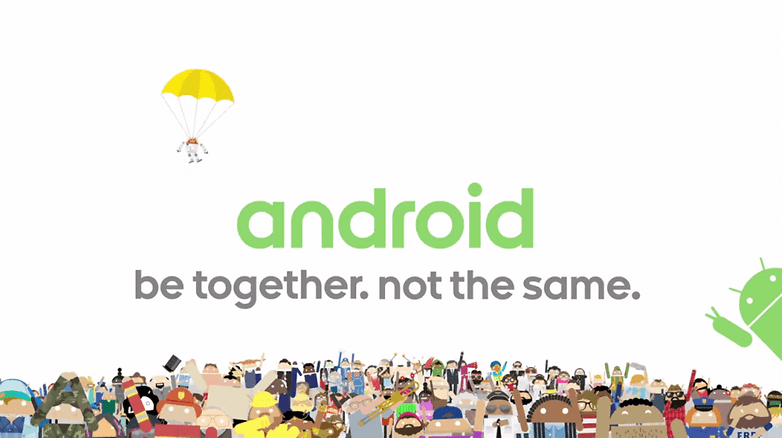
What exactly do I miss?
Variety. And I'm not talking, as I said before, about having different smartphones with different shapes and different specifications, the world has enough of that. What I miss is the experience of discovering hidden features, learning to use a new software from scratch and, why not - learning to get around the small problems that may arise.
If you are using an Android smartphone you are able to use most of the features of any other Android smartphone, despite the different brand, UI and icons.
The period I mentioned earlier and which begun in 2013, saw the birth and death of many competitors of the Apple/Google duopoly, including Microsoft's Windows Phone (which, believe it or not many users are still fond of). There also was Canonical's Ubuntu Touch (which could find a new reason for living thanks to Linux on DeX), Jolla's Sailfish OS (which recently announced its 3.0 version) and Samsung's Tizen (still used on the company's wearables). Not to mention the already dying HP and Palm WebOS that is now used on LG smart TVs.
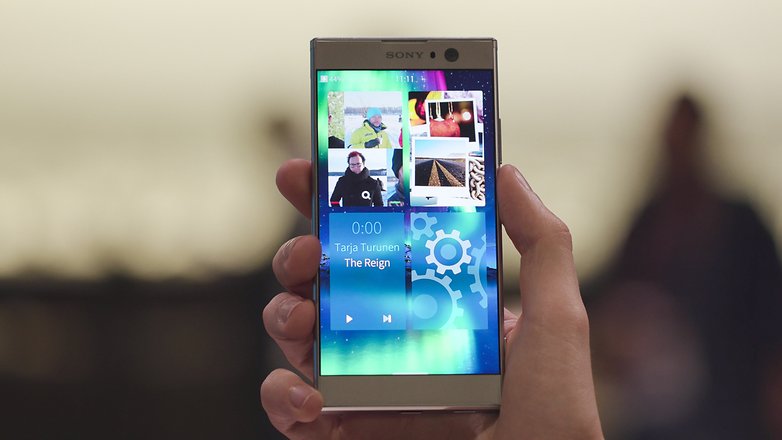
Each different system had (or has) its own rules, interface and a way of interacting with devices. When Apple still used only the home physical button in the huge frames of its iPhone and while Google used the on-screen navigation keys that we still know today, competitors like WebOS, Sailfish OS and Ubuntu Touch already exploited futuristic gestures.
Let's take a photo with @MarcDillonDotFi at #MWC16 #crmwc16 #barcelona pic.twitter.com/B0uc3XFrsB
- Simone Scanu (@ScanuS142) 25 February 2016
Sailfish OS is an operating system developed by the Marc Dillon team for one-handed use. Ubuntu Touch, the converged system for smartphones, tablets and PCs with a metamorphic UI and community support. WebOS, the king of multitasking. All projects from which both Apple and Google have drawn many ideas.
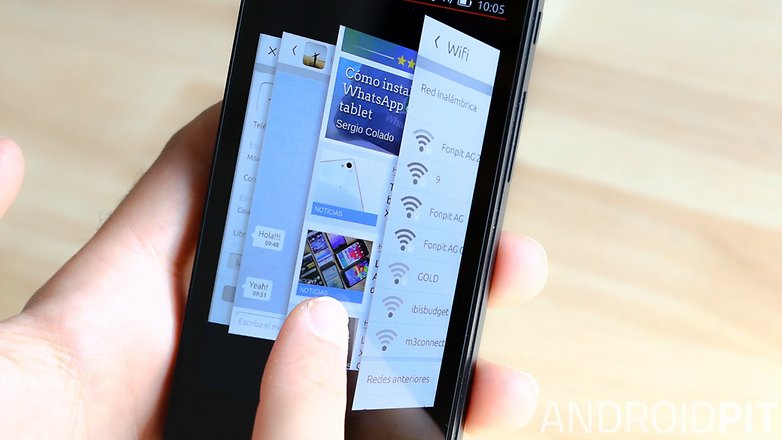
Even Google got bored of Android
Yes, even the company that allowed Android to grow and spread like a virus seems to have had enough of it. We are not talking about executives, who obviously see Android as a source of almost inexhaustible profit, but about the developers themselves. That's why a few years ago the company started to develop a parallel project called Fuchsia OS. It is based on the new Magenta kernel (no Linux, used until now on Android and beyond).
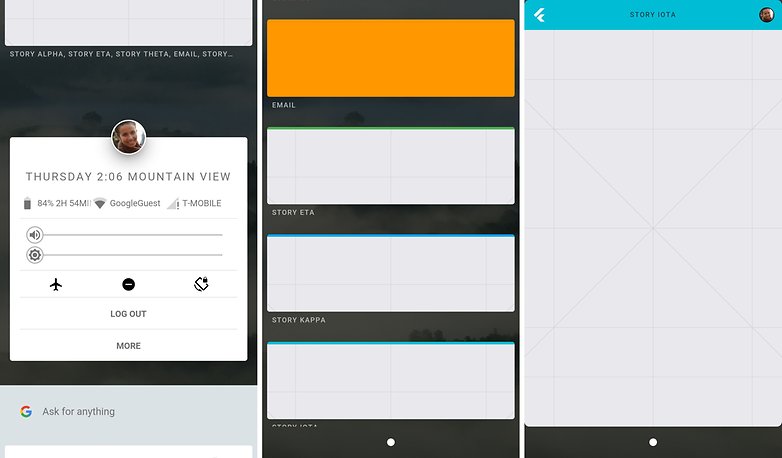
Not only is the company testing the system internally on some of its own devices, but external brands also seem to be interested in the idea. One of the latest reports on the net mentions Huawei who seems to be trying Fuchsia on his Honor Play and has worked to make the OS bootable on the Kirin 970.
Rumors about Huawei building his own operating system have been circulating for a long time. What if maybe the company was working with Google to perfect Fuchsia? What if Huawei was for Fuchsia what HTC was for Android? The questions are becoming complex and I will probably not receive any answers in the near future. Let's just hope Huawei doesn't end up like the Taiwanese company...
Are you also fed up with what the smartphone market has to offer? Do you think it is impossible to break the duopoly of Google and Apple? Let us know in the comments.











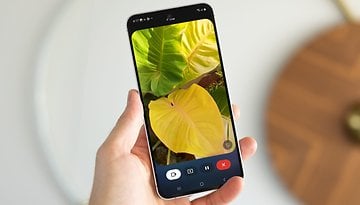


Which Fuchsia will be. I would also expect Google to do their own CPU that fits with the new kernel, Zircon.
I don't like this article. Making a new smartphone OS is very expensive. Maintaining it is extremely expensive. Further, Universe doesn't acknowledges ego based ownership. So more open platform means more security concerns and greater cost maintenance but immense possibilities of user customization and deeper control. A restrictive platform means you have to stick with what is served to you - not for me. A balanced approach is desirable and I think Android OS is one such OS. Just buy a good Stock Android Smartphone under Android One offering timely updates and install premium apps from Play Store. Learn Klwp and tasker and done, you will be very happy as a smartphone user.
I doubt it will happen from the West, but soon enough one of the Chinese manufacturers will make its own. And I'm fine with a new OS coming along and disrupting things as long as its not Chrome OS. That just needs to die.
It is already happening and pretty far along and coming from the west. Have we ever had a OS that was popular and did NOT come from the West?
It is called Fuchsia and looks pretty interesting. It will replace ChromeOS. But not exactly sure what issue you have with ChromeOS?
Having come along with PCs since the early 1980s, the equivalent of the writer's dream has been pretty fully realized with Linux (which I use daily and this very minute, along with Windows for interactions with the civilized world.) There's a serious conversation to be had (or avoided) about innovation versus eternal nerdy difficulty of use and fragmentation - about the open source freedom to make hundreds of half-baked one-trick "distros" versus the discipline and coordination required to make an operating system work out of the box, look good, and not condemn new users to months of tinkering.
By comparison, Mozilla and even Google with Android focused open source talent on single coordinated projects while desktop PC Linux has let every nerd with one better idea and ten lousier ones be his own "genius" - the result being comparatively steady success in attracting increasing numbers of users versus thirty years of failure to be ready for prime time, with something less than 3% of desktop operating systems.
I agree. And WebOS is apparently back to open source again.
But as usual that chicken and egg hurdle; it takes an entity (a co.) with ample enough resources to poke hard at the current pool of APP devs, get an infra working for them and finally convince them that they should help make and grow a 3rd segment.
Not gonna happen... That pool is tapped out with Android devs going to their Fuchsia side gig (not to mention that they got enough on their plate right now trying to fit things into Chrome OS), narrow minded iOS camp doing it strictly for the money nothing else be damned and Linux/BSD beardies still too busy jockeying for that long term desktop domination goal.
Also the orig made for ARM RISC OS just dropped source too. Either a boon or an added headache that's again for the devs to decide.
Google is making a new mobile OS. It is called Fuchsia and they do it in the open which is so cool. You can watch it get developed.
The new kernel called Zircon looks to be the real deal. Built from the ground up for our silicon today versus the popular kernels today are all over 20 years old.
The challenge for any new OS is application development, which killed Windows Mobile - who had the resources to compete with iOS and Android. Unless a new OS can be compatible with Google Play, I think it is DOA.
It's a phone...yeah a smartphone. But, for what I use it for, it's a "mini work tablet". When I get home at the end of the day, I rarely touch it, save for phone calls. On weekends, I rarely look at it. Other than those obsessed with PIH syndrome (phone in hand) that can't put these things down for 1 minute, for fear of "missing" something, I think most people just use them for what they are. Plus, if you have multiple OS's, you can bet carriers would "love" to support that on their systems.
Until t there are apps that are OS agnostic, I don't see how it can happen. Perhaps with 5G there will be more web apps, but I can't imagine that iOS or Android will want to support them.
There's no monopoly. I hold out hope for a more open source solution still even though the Ubuntu phone is dead. The Linux kernel is good for this but it imposes certain restrictions Google didn't like. I think it will come as the handset market commoditizes. Android One standards might be just the ticket for a stable enough set of devices to drive the open source development.
Duopoly, but not a monopoly.